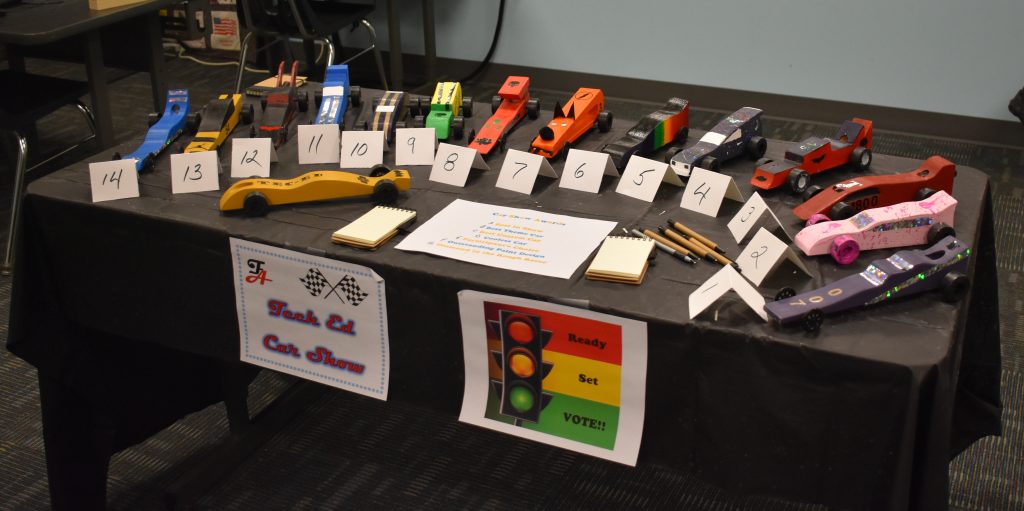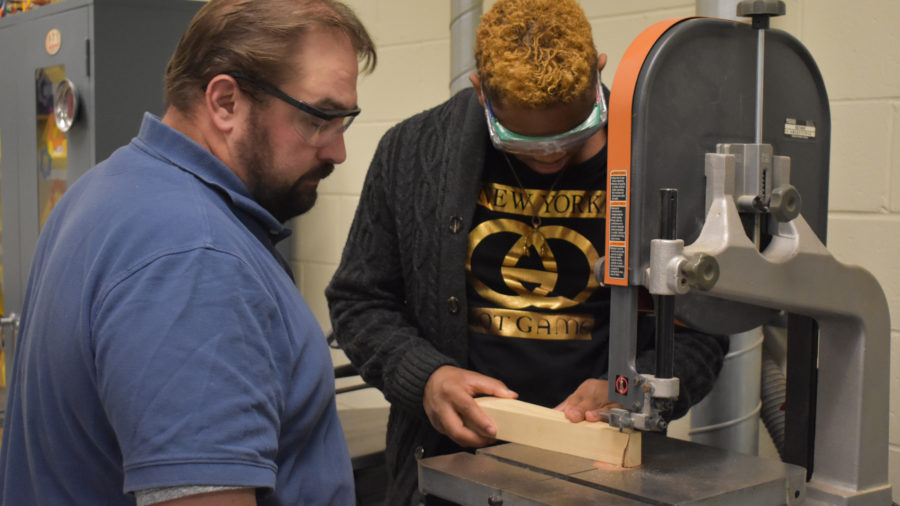At the Watson Institute Friendship Academy, special education staff start to work with students at 14 years old to help them prepare for a successful transition after graduation. Some of our students will pursue post-secondary education at a four year college or a technical school, while others will enter into the workforce. Whatever the students’ path may be, educators at the Watson Institute work with them to ensure they are prepared academically and behaviorally.
The Makerspace special education curriculum plays a role in helping students with behavioral challenges learn about digital and vocational technologies and how these skill sets can be translated into a workplace or post-secondary education setting.
A statewide initiative in Pennsylvania called Future Ready could play a part in helping students who are seeking a vocational career path. Currently, standardized testing for middle and high school students includes the Keystone Exams and Pennsylvania System of School Assessments (PSSAs).
Through the Future Ready Initiative, technical and vocational testing, could be incorporated. For example, students may have the opportunity to take OSHA (Occupational Safety & Health Administration) testing to gain certifications that would serve them in a vocational career.
This kind of testing environment could be beneficial for students at Friendship Academy who struggle in standardized testing environments. The Makerspace curriculum gives them a supportive space to learn vocational skills prior to graduation so they can better prepare for their future.
Makerspace in Middle & High School Curriculum
The Makerspace at Friendship gives students the opportunity to work with tools and machines that they likely wouldn’t have exposure to outside of the classroom. Lessons about the machinery in the Makerspace are incorporated in the curriculum as students enter their middle school years and expands as they progress through high school.
Recently, middle and high school students were tasked with the project of making a race car from scratch. Every student started with a plain wedge of wood and were given full control over the shape, design, and style of their race car.
High school age students worked with Mark Knochel, one of the teachers in the Makerspace at Friendship Academy, to use various tools to cut out and shape the design of their cars. Students learned how to properly and safely use the band saw, a scroll saw, and the laser engraver to bring their cars to life.
The goal for the race car project was to build many different skills into the unit so students would be exposed to a variety of new techniques and methods. Most students chose to paint their cars, while some took the added step of using the vinyl cutter to add decal designs. Almost all of the students agreed that their least favorite part of the process was sanding down their designs until they were smooth enough to be painted!
The students got to put their creativity and problem solving abilities to the test as they worked out how they wanted their car to look for the final project. At the end of this unit, the students could enter their cars into a car show! Staff and students throughout the school had the chance to vote on the cars in multiple categories, such as “Best in Show”, “Outstanding Paint Design”, and “Best Theme”.
Through educational units like the race cars and robotics, the Makerspace special education program has helped students with emotional and behavioral challenges at Friendship Academy build their self-confidence as well as their educational and functional skills.
Learn more about the Watson Institute Friendship Academy, a special education school for children ages 5 to 21 with emotional and behavioral challenges.

